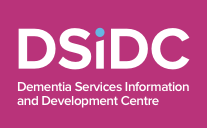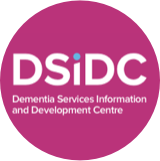Dementia is a neurological degenerative disease. This forms as cells lose their ability to communicate with each other effectively which results in the loss of cells. The most common form of dementia is Alzheimer’s. A person with dementia can develop a number of complex characteristics as a result of this disease. Over time a person may require significant support in order to complete activities of daily life.
Once a person is diagnosed with dementia they should begin planning for their future proactively. This involves putting in place structures surrounding finances and enduring power of attorney.
Life expectancy is increasing both in Ireland and internationally. This represents a significant achievement in health delivery as well as public health approaches. This does however mean that the number of people being diagnosed with dementia is on the rise. As age is the biggest risk factor in developing dementia more older people represents more cases.
Dementia will continue to cost national economies billions per annum. Informal care will continue to be required in order to meet the growing number of people with dementia. Due to the potential for complex needs to arise from dementia health facilities such as hospital and nursing homes will continue to support a disproportionately high number of people with dementia. Ensuring that health professionals, caregivers and other people in the community are educated regarding dementia is vital to improving the quality of life of a person with dementia.

